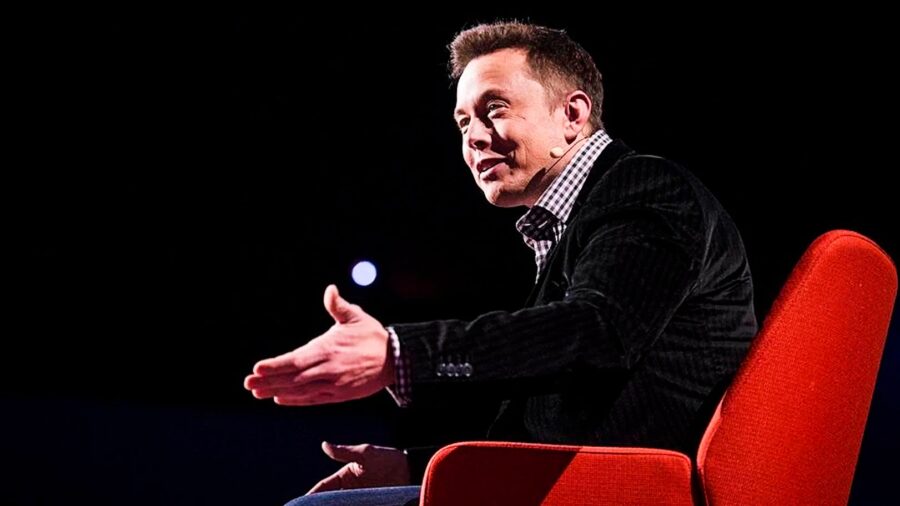The Digital Dark Age Is Upon Us

We’re entering a new and potentially destabilizing era in which traditional social media platforms retreat and shrink in influence. In their stead, AI-generated content eclipsed what seemed so recently like the new frontier. This shifting landscape, likely characterizing 2024, marks the dawn of a digital dark age.
This new epoch will involve significant challenges to the way we perceive and interact with information online—and, as a result, the world around us.
To understand its import, consider that, until now, research depended heavily on social media as an invaluable source of information. Amid all-important events—political crises, significant media developments, or natural disasters—platforms like Twitter and Facebook offered experts unrivaled insights into human behavior.
Hallucinations will almost certainly erode trust in online info, replacing it with a disjointed, undependable digital landscape.
For instance, consider the impact of Twitter on the Arab Spring or Facebook’s effect on the 2016 US Presidential election. In the digital dark age, however, this easily accessible data, representing a democratization of knowledge production and a clear window into social trends, will increasingly be inaccessible.
What lies behind this shift? One on hand, language models (LLMs) and their integration into online services. AI systems like LLMs are undoubtedly impressive, but they often demonstrably produce content plagued by inaccuracies and incorrect responses.
In the tech world, these are known by the sci-fi, Phillip K. Dick-esque moniker, “hallucinations.” Hallucinations will almost certainly erode trust in online info, replacing it with a disjointed, undependable digital landscape.

To see the digital dark age exemplified, look no further than Twitter’s recent changes in policy. Before it became X, Twitter was once a robust source of public sentiment. The social media platform functioned as a tremendous resource for researchers, as it reflected a broad spectrum of Internet user behavior and preferences.
That said, with Elon Musk at the helm, the social media website no longer permits free access to its API. This hugely constricts the ability of researchers to acquire data on essential topics–such as public health, political campaigning, and economic trends.
With so much at stake, it’s disconcerting that alterations in data access and the abundance of AI-generated misinformation mean the tools researchers use to understand online activity and disinformation are now weakened.
Musk’s move to forbid access to Twitter’s API and the digital dark age as a whole force us to confront something, in truth, underlying the information age all along —the internet, far from free, obeys strict rules and proprietary gatekeeping.
In light of X’s restricted API, will researchers compensate by forging closer, collaborative relationships with platforms? Probably not.
After all, as of now, X is filing lawsuits against independent researchers for, in the eyes of said researchers, simply highlighting the rise of hate speech on the website. Similarly, Meta tightly controls data access to study its platform’s controversial role in elections.
Both these situations imply a disturbing trend; in other words, a digital dark age.
In short, the independence and integrity of research into social media will be compromised by these tech companies and their protectionist stance toward data. All of which present significant implications for future elections. Many loom, just around the corner–in nations like the US, India, Mexico, the UK, and the EU. Thus, the stakes are pretty high.
This new epoch will involve significant challenges to the way we perceive and interact with information online—and, as a result, the world around us.
With so much at stake, it’s disconcerting that alterations in data access and the abundance of AI-generated misinformation mean the tools researchers use to understand online activity and disinformation are now weakened.
Perhaps, however, paths out of the digital dark age will emerge. For example, organizations like the Center for Countering Digital Hate advocate are adopting the STAR Framework (which supports safety, transparency, accountability, and responsibility in digital products and services). Additionally, the EU, through its Digital Services Act, and the UK, via its Online Safety Bill, are taking their own measures.
Only time will tell.












